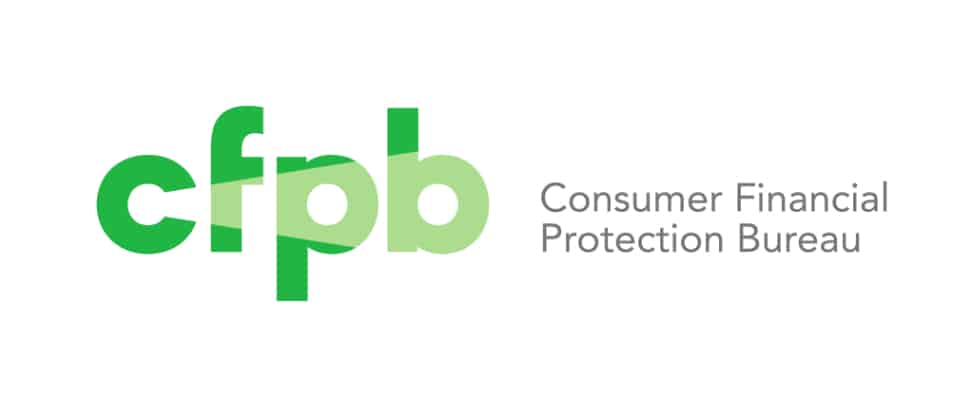It’s taking a herculean effort to not title this, “We told you so.” Just a few months after our CEO, Ohad’s, Op-Ed about debt buying practices got strong responses from the industry, JPMorgan Chase & Co. is currently in trouble with the Consumer Financial Protection Bureau to the tune of at least $136 million. The reason? Problematic data management and debt sales practices.
According to the Wall Street Journal, the CFPB has alleged that JPMorgan Chase employed the use of robo-signing without proper verification, sold bad debt to collection agencies and through harmful practices, negatively impacted consumers in 47 states and the District of Columbia. Through poor data management, bad debt — where the amount was incorrect, associated with the wrong person, or was previously discharged — was sold and resold to be collected on.
The CFPB’s agreement with Chase includes changes to how the company will deal with future delinquent accounts. From now on, Chase’s debts can still be sold to debt buyers, but can’t be resold to secondary buyers. Chase will also be required to individually verify that all debts sold are valid and will have to notify the debtor of all transactions relating to their debt. This continues the already common trend of lenders limiting secondary sales, reducing the return primary buyers can expect and effectively killing secondary and smaller buyers.
Under the terms of the agreement, JPMorgan Chase & Co. will also refund $50 million to affected consumers and pay $136 million in fines to the CFPB, 47 states and the District of Columbia. Additionally, the bank will stop collecting on 528,000 affected accounts.
This isn’t new territory. Other financial institutions were mentioned (though often not named) for problematic debt sales and data management practices in previous CFPB enforcement reports. While no one is out to harm those in debt, selling debt without proper verification or documentation has too often been the prevalent practice among certain financial institutions. The CFPB is sending a strong signal that these practices need to stop; whether you agree or disagree with the CFPB’s overall mission and expanded reach, it’s hard to argue with the benefit of enforcement actions that set a consumer protection standard we can all stand behind. It doesn’t mean that lenders should stop selling debt; it just means that they have to be more careful and diligent when doing so. The judgement, as well as the new stringent controls, will serve to strengthen the industry and further protect consumers. As our CEO has discussed previously, the debt collection industry needs and will benefit from, stronger regulation where it really counts. Gone are the days of “as is” sales and the questionable collection practices that come with them.
We hope that the CFPB’s pursuit of better debt sales practices, as well as increased scrutiny of future collection practices, will have a measurable, positive impact on consumers and the debt collection industry at large. JPMorgan Chase’s market share means that as they honor this agreement, other financial institutions will take note and upgrade their compliance to stay ahead of regulations. This will lead to infrastructure upgrades and better automation, as well as processes to verify accounts and communicate with debtors. All of this will add additional transparency to the debt collection process. Much-needed investments in automation and digitization have the potential to turn an often adversarial process into a tolerable one. We hope the industry will use this opportunity to rethink some of its past practices, and turn to a pro-consumer process that is focused on retaining and rehabilitating customers.
